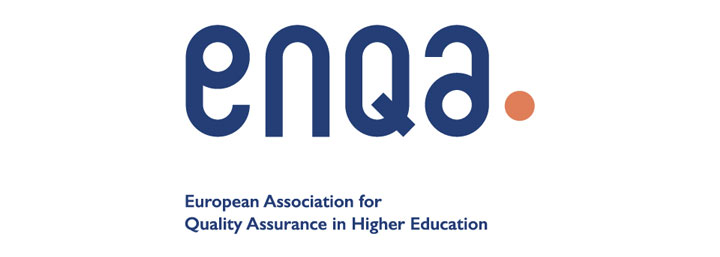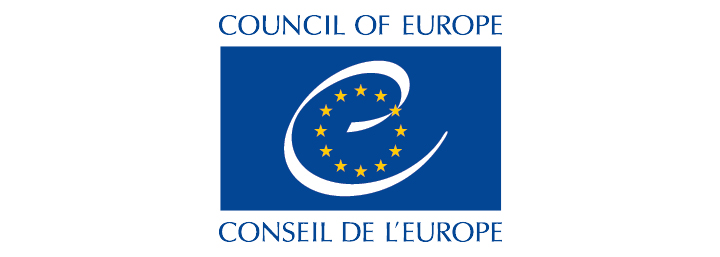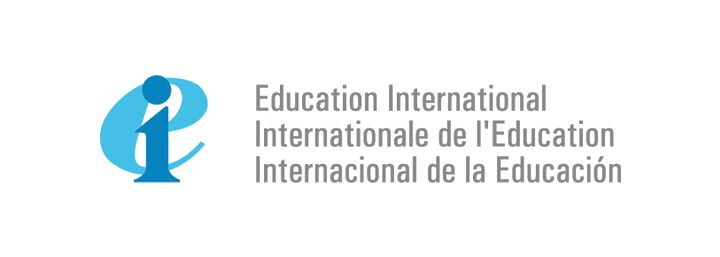- EHEA
- TOPICS
-
Groups
-
Working Group on Monitoring the Implementation of the Bologna Process
-
Working Group on Fundamental Values
-
Working Group on Internationalisation and Mobility
-
Coordination Group on Global Policy Dialogue
-
Task Force on the Future of Bologna
-
Task Force on establishing a long-term Secretariat
-
Advisory Group on ECTS User's Guide Revision
- Bologna Implementation Coordination Group
-
Final Reports 2021-2024
-
2021-2024 working structures
- Working Group on Social Dimension
- Task Force on the Review of the Rules and Regulations...
- Ad Hoc Task Force to Increase Synergies Between the EHEA...
- Task Force on Enhancing Knowledge Sharing in the EHEA community
- Working Group on Learning & Teaching
- EHEA Network of National Correspondents for Qualifications Frameworks
- Working Group on Roadmap for San Marino's accession to the EHEA
-
Working Group on Monitoring the Implementation of the Bologna Process
- EVENTS
-
NEWS
Education International is a consultative member of the Bologna Follow-Up Group.
FUTHER INFORMATION: Higher Education - European Trade Union Committee for Education (csee-etuce.org)
Education International represents organisations of teachers and other education employees across the globe.
It is the world’s largest federation of unions, representing thirty million education employees in about four hundred organisations in one hundred and seventy countries and territories, across the globe. Education International unites all teachers and education employees.
- Education International promotes the principle that quality education, funded publicly, should be available to every student in every country.
- Education International promotes and represents the interests of teachers and other education employees on the international level.
- Education International assists the development of independent democratic organisations to represent teachers and other education employees and builds solidarity and cooperation between them.
- Education International advocates for equity in society. It combats racism and xenophobia. It challenges discrimination on the grounds of gender, sexual orientation, socio-economic status, and racial or ethnic origin or characteristics.
- Education International works with other global federations of unions and other kindred organisations to promote and achieve solidarity.
The EI Regional Structure in Europe is the European Trade Union Committee for Education (ETUCE). ETUCE has been assigned to represent Education International in the Bologna Follow-Up Group.
The European Region of Education International, the European Trade Union Committee for Education (ETUCE) is a federation of 127 education trade unions in 51 countries, representing in total 11 million members in Europe, including teachers, researchers and other staff in the higher education and research sectors.
ETUCE is a social partner in the European Sectoral Social Dialogue for Education supported by the European Commission. ETUCE promotes the interest of Education International (EI) in the European Region.
ETUCE advocates for academic freedom, professional and institutional autonomy, sustainable public investment, quality higher education and research based on decent employment conditions for staff, including decent salary, pension and working conditions including permanent contractual status, as well as equal access to higher education studies and academic careers.
Contribution to the Bologna Process (updated in 2023)
- Promoting and advocating for the implementation of the UNESCO-Council of Europe Lisbon Convention on the Recognition of Qualifications;
- Working with the OECD and UNESCO for the implementation of the “Guidelines on Quality Provision in Cross Border Higher Education”, having great relevance for the EHEA and beyond;
- Involvement in the European Commission process of elaborating the “European Charter of researchers” and a “Code of conduct for the recruitment of researchers”, which together with the “Salzburg principles” make up an important framework for research and doctoral training in Europe;
- Involvement in the European Commission work on higher education and research, including the European Education Area Strategy Working Groups and their predecessors on Modernization of Higher Education and the Working Group and Network on Graduate tracking.
- Close cooperation with the European Trade Union Confederation (ETUC) on EU policy in relation to qualifications, skills development, vocational education and training, adult learning and lifelong learning.
- Representing and leading the trade unions in the European Sectoral Social Dialogue for Education, supported by the European Commission.
- Organising statutory meetings, the so-called Higher Education and Research Standing Committee (HERSC) twice a year for the European education trade unions that organise staff in the higher education and research sectors to discuss the trade unions’ input to the Bologna Process and the European Commission’s work on higher education and research
- Producing every three years a report to the Expert Committee on the Application of the 1966 ILO/UNESCO Recommendations on the Status of Teachers and the 1997 UNESCO Recommendations on the Status of Higher Education Teaching Personnel (CEART) outlining, in particular, the state of academic freedom around the world.
- Adopting resolutions and position papers on higher education and research.
- Active membership in the BFUG Plenary meetings, Working Groups, Advisory Groups and Taskforces, and active participation in the Ministerial Conferences and Global Policy Forums
- Cooperation with other BFUG consultative members



